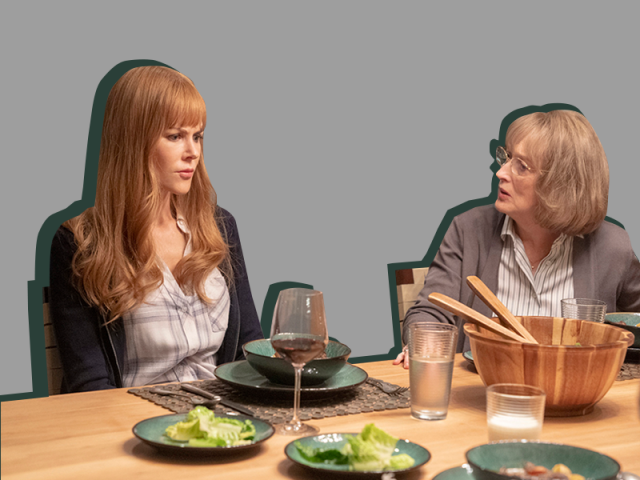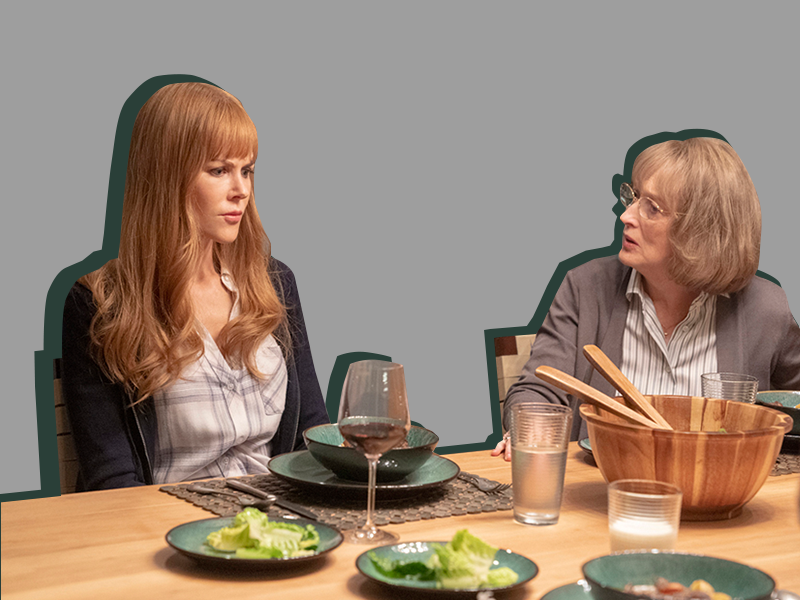This terrible topic is always surrounded by stereotypes that make it even more painful. “It’s my fault”, “Why did you keep silent?”, “Where were your eyes?”, “What did you do to cause such a reaction?” One way or another, the essence of these accusations is this: a woman must “bear” responsibility for both her own behavior and the behavior of the aggressor.

The unfair justice of the world
According to the UN (2019), more than 80% of women in countries around the world reported emotional distress resulting from moral pressure from their partners. In Russia, according to the research “Help” (2017), approximately 25% of women are subjected to psychological violence. The statistics are impressive, but even more impressive is that victims are often judged based on the concept of a “just world”: we all get what we deserve, and if you act “right” nothing bad can happen. This means that a woman who is subjected to all forms of violence has been acting “wrong” from the very beginning. Moreover, he may have voluntarily chosen the victim role in order to obtain secondary benefits from it.
Why doesn’t the woman go?
There are several reasons why it can be scary to talk about the psychological stress you experienced and often still experience. First: condemnation of family, colleagues and society as a whole. As a result, difficulties arise in establishing healthy boundaries, and a distorted perspective on the development of interpersonal relationships becomes an obstacle to successful socialization. Economic dependence is also a reason for silence: according to a 2021 VTsIOM survey, financial instability has become the main cause of divorce – almost one in three marriages are dissolved due to “inability to feed the family.” It is natural that with maternity leave the problem becomes even more severe and the woman finds herself in a seemingly hopeless situation. Moreover, the fact of lack of personal income is often accompanied by a feeling of guilt: how can I complain if I am sitting on my neck?

The support is there and it’s real.
“Sisters”, St. Petersburg ROO INGO (St. Petersburg regional public organization “Institute of Non-Discriminatory Gender Relations”) and other foundations focus on women’s problems, giving them the opportunity to speak out and receive real support. Of course, we are all responsible for ourselves, but it is important to learn to separate the consequences of our decisions from imposed stereotypes, which impose an additional burden of misunderstanding and condemnation. The more often we speak out, the faster hardened public opinion will turn in our direction, and phrases like “dirty dirty laundry” and “it’s my fault” will become a sign of marginality.
Source: People Talk
Mary Crossley is an author at “The Fashion Vibes”. She is a seasoned journalist who is dedicated to delivering the latest news to her readers. With a keen sense of what’s important, Mary covers a wide range of topics, from politics to lifestyle and everything in between.





